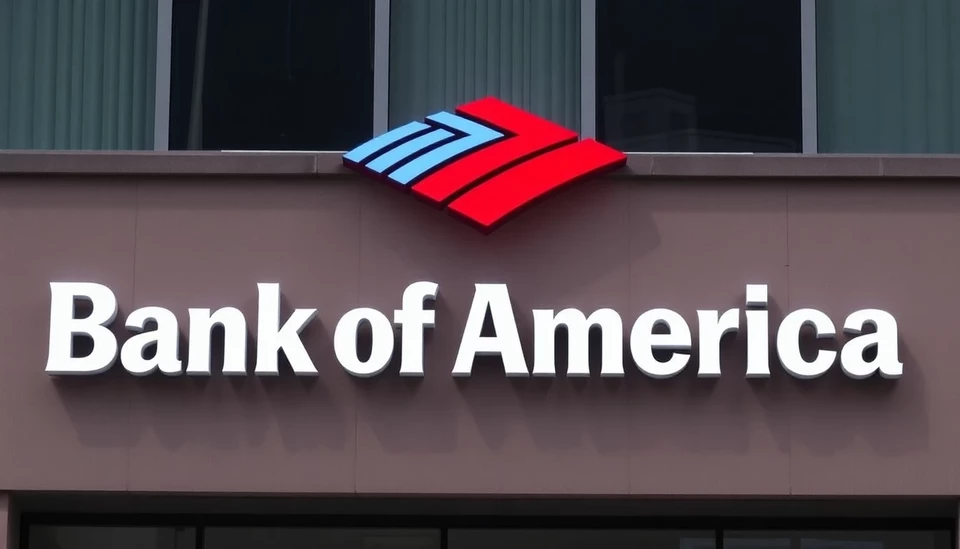
In a surprising move that could have significant implications for banking practices, the Federal Deposit Insurance Corporation (FDIC) has decided to rescind its controversial proposals regarding brokered deposits and bank board governance. This decision comes in response to extensive feedback from the financial sector and the public, which expressed concerns over the potential consequences of these changes.
The FDIC initially sought to impose stricter regulations on brokered deposits—a type of funding that banks can acquire through intermediaries. This proposal aimed to bolster the stability of bank funding and mitigate risks within the banking system, particularly in light of recent upheavals in the financial markets. However, stakeholders argued that the suggested regulations could inadvertently restrict access to crucial funding sources and hinder the overall ability of banks to meet the needs of their customers.
In addition to brokered deposits, the original proposals included recommendations for enhanced corporate governance standards for bank boards. The FDIC pointed to the need for greater accountability and oversight to safeguard the interests of depositors and bolster the resiliency of banks against future financial crises. Critics, however, contended that the reforms might lead to increased bureaucratic burden and threaten the autonomy of smaller financial institutions.
After carefully analyzing the wide-ranging input from various stakeholders—including banks, industry associations, and consumer advocates—the FDIC has opted to withdraw the proposed regulations. The agency noted that while it remains committed to promoting the soundness and stability of the banking sector, it will seek alternative approaches that better balance oversight with the need for operational flexibility.
This decision has been met with relief from many in the banking industry who argued that the original proposals could have stifled innovation and competition among financial institutions. Many expressed hope that the FDIC can explore other avenues to enhance safety measures without imposing overly stringent regulations that could affect customer service and financial accessibility.
Looking ahead, the FDIC has indicated that it plans to engage in further dialogue with stakeholders to identify more effective and collaborative strategies for addressing the underlying issues that prompted the initial proposals. The agency's leadership reaffirms its proactive stance in safeguarding the banking system while fostering an environment in which financial institutions can thrive.
The withdrawal of these proposals marks a pivotal moment for regulators and industry participants alike. As banks and the FDIC navigate the complexities of the evolving financial landscape, continued collaboration and open communication will be essential in fostering a robust banking ecosystem that promotes financial stability and consumer confidence.
With the banking sector continuing to face challenges from both within and outside the industry, the FDIC's strategic pivot may set the tone for future regulatory approaches and underscore the importance of stakeholder involvement in shaping sound policy.
#FDIC #BankingRegulations #BrokeredDeposits #CorporateGovernance #FinancialStability #BankingSector #RegulatoryRollback #ConsumerConfidence
Author: Victoria Adams




